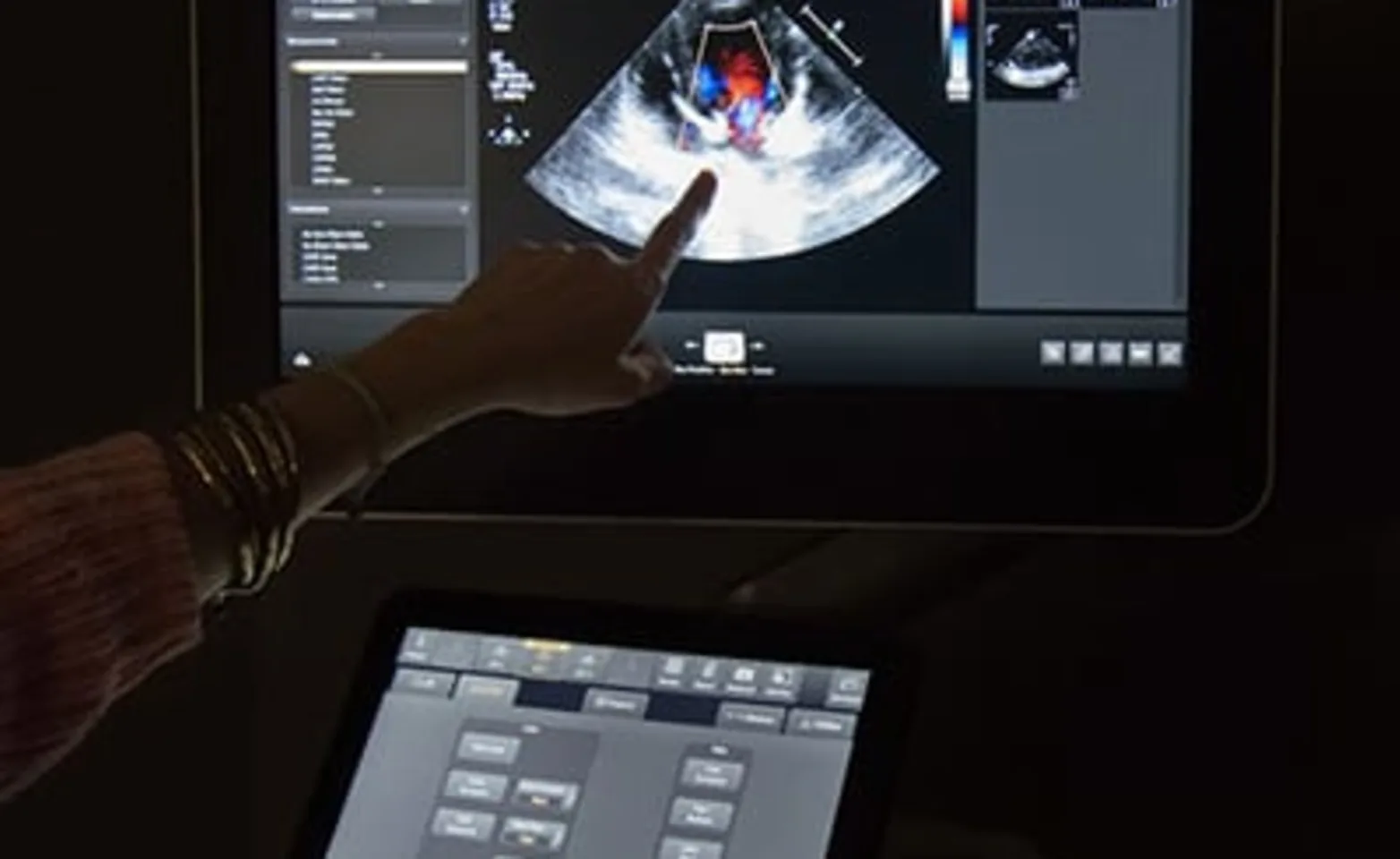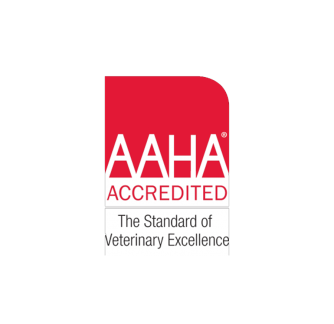Powers Pet Emergency & Specialty

Veterinary Cardiologist in Colorado Springs, CO
We are proud to have Petcardia and Samantha J. Salmon, DVM, MS, here at Powers full time to care for pets with issues affecting the heart and lungs. Veterinarians like Dr. Salmon are trained to evaluate, diagnose, and treat heart and respiratory problems in dogs and cats. Fortunately, most heart conditions can be medically managed. We use a series of non-invasive tests to pinpoint the issue, then create a customized treatment plan to ensure the best quality of life for your pet.

CONTACT PETCARDIA AT POWERS
To make a referral or schedule a consultation with Powers' cardiology team, please call Petcardia directly at (719) 602-7800.
Our state-of-the-art diagnostic capabilities include:
Echocardiography (Cardiac Ultrasound)
The mainstay of cardiac diagnostics, an echocardiogram allows for both structural and functional evaluation of the heart. Equipped with a top of the line cardiac-specific machine, it has Colorflow, spectral, and tissue Doppler capabilities.
Electrocardiography
The electrocardiogram is the gold standard for arrhythmia (irregular heart beat) diagnosis and management.
Doppler Blood Pressure
Knowledge of your pet’s blood pressure may affect drug dosage and administration, as well as long-term management of select patients with cardiac disease.
Holter Monitoring
A Holter monitor is a small, non-invasive, wearable device that keeps track of your pet’s heart rhythm. Information captured on the Holter monitor is used to determine if there is a heart rhythm problem and to what extent. Arrhythmias (abnormal heart rhythms) may present as excessively slow (bradyarrhythmias) or excessively fast (tachyarrhythmias) heart rhythms. Clinical signs may be variable and range from non-symptomatic patients to episodes of weakness or collapse. Many arrhythmias are intermittent and not able to be diagnosed based on short in-hospital ECG, therefore a Holter monitor provides a more accurate tool when diagnosing arrhythmias. Additionally, Holter monitors may be used in patients with known arrhythmias to monitor the effectiveness of arrhythmic control and to make adjustments to medical therapy as needed.
Event Monitoring
Ideal for a syncopal (fainting) dog, the event monitor is an ambulatory ECG that houses a continuous loop recorder. The monitor is typically worn for one to two weeks to optimize the probability of capturing an event. When an event occurs the owner depresses a button that captures the ECG at the time of the event.
Digital Radiography (X-Rays)
Digital x-rays allow for rapid and detailed image acquisition which not only greatly decreases the time associated with taking x-rays but also enables high-resolution imaging for more accurate diagnoses.

